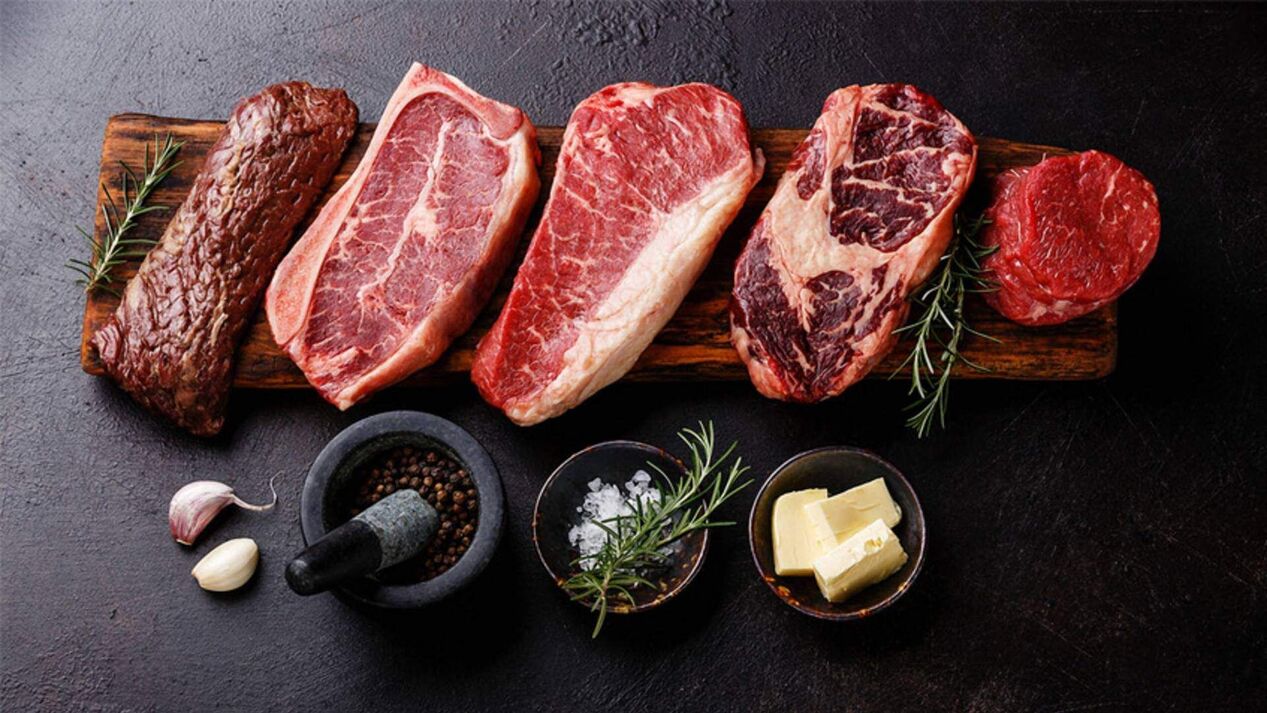What is a blood type diet?
According to this theory, people with different blood types have different nutritional needs, and different foods will have different effects on the body.
What blood types are there?
- Group A– Red blood cells contain antigen A and plasma contains antibodies to antigen B.
- Group B– Red blood cells contain antigen B and plasma contains antibodies to antigen A.
- AB group– Red blood cells contain two antigens (A and B), but plasma does not contain antibodies to either antigen.
- Group O– Red blood cells lack both antigens, while plasma contains antibodies against both antigens (except group O).
What foods are recommended for each blood type?
Type 0 blood
blood type A
Blood type B
AB blood type
What foods are not recommended for each blood type?

O blood type
blood type A
Blood type B
AB blood type
How effective is the blood type diet?
Proponents of the blood type diet claim that tailoring a diet based on your blood type can improve your health, help you lose weight, and prevent the onset of certain diseases. However, to date, there is no scientific evidence to support this diet.
What does the scientific research say?
first sight
Criticisms of the blood type diet
Pros and Cons of Blood Type Diet
- Eliminate foods that your body does not absorb. Each blood type has its own characteristics, so some foods may be harmful to your health.
- Adaptation to genetic inheritance. The Blood Type Diet takes into account the metabolic characteristics of your blood type, allowing you to create a diet that matches your genetics.
- lose weight. The blood type diet can help you lose weight because eliminating certain foods from your diet can reduce caloric intake.
- Scientific research is lacking. Many experts believe that the blood type weight loss method has no scientific basis, and the effectiveness of this method has not been proven in practice.
- Dietary restrictions. Although each blood type has different dietary guidelines, certain foods may be excluded from any blood type's diet, resulting in dietary restrictions and deficiencies in certain important vitamins and minerals.
- Bring inconvenience to daily life. Following a blood type diet can be inconvenient, especially if you have to eat out or eat in public.
Complications of following a blood type diet
Blood Type Diet How to prepare your diet correctly?
Step 1: Find out your blood type
Step Two: Determine Which Foods Are Suitable for Your Blood Type
Step Three: Consider Your Physical Characteristics
Step 4: Plan your meals for the week
Step 5: Don’t forget about a healthy lifestyle
How long should you follow the blood type diet?
It is recommended to follow the blood type diet for several months. This is enough to determine if this diet is right for you and your lifestyle. If you feel comfortable sticking to this diet, if you feel relief from negative symptoms, overall improvement in health, and weight loss, you can continue using it.
Who is not suitable to follow the blood type diet?

- People with AB blood type. The blood type diet was developed based on the assumption that different blood types require different types of food. But type AB blood is a relatively new and rare blood type, and there is little scientific evidence about how it interacts with food.
- Pregnant and lactating women. Pregnant and breastfeeding women should eat a diet rich in protein and nutrients, and a blood type diet may limit food choices.
- People with prescription drugs. If you are taking medications, your blood type diet may affect how well your medications work. In this case, you should consult your doctor before starting to follow the diet.
Nutritionist's Tips for a Successful Blood Type Diet
- Get professional advice. Although there is a scientific basis for the blood type diet, everyone is an individual and it is difficult to determine the best diet for yourself. Therefore, before starting a diet, it is recommended to seek professional advice from a nutritionist.
- Don't neglect physical activity. Blood type diet is important, but it is not a panacea. In order to achieve the desired results, it is necessary to combine it with a healthy lifestyle, including physical activity in the diet.
- Monitor product quality. When following a blood type diet, you need to pay attention to the quality of the products so that they meet each person's individual needs. You shouldn't skimp on products; it's best to choose organic and natural products.
- be patient. Change doesn't happen overnight, so you have to be patient and not give up. Often, the results won't appear immediately, but it's worth it.
- Don't forget about moderation. Blood type diet should not be a burden on the body. Do not forget about moderation, follow a proper diet and do not go hungry.
How to provide your body with necessary nutrients when following a blood type diet?
The right way to choose a product
Foods rich in vitamins and minerals
Consume dietary fiber regularly
diet
What to expect from a blood type diet
Improve overall health
Weight normalization
strengthen immune system

Increase energy and improve mood
Reduce disease risk and extend life
| Improve overall health | Choosing the right foods can impact your physical and mental health |
| Weight normalization | Proper nutrition helps reduce or normalize weight |
| strengthen immune system | Nutrients found in food help fight infections and other diseases |
| Increase energy and improve mood | The right food choices can give you energy and improve your mood |
| Reduce disease risk and extend life | By choosing foods that match your blood type, you can reduce your risk of disease and live longer. |
How to maintain the results after blood type weight loss?
- Follow dietary guidelines to maintain weight and health;
- Eat natural and healthy foods;
- Avoid junk food;
- engage in sports and exercise;
- If you need medical help, please contact a specialist.
What can we say about the compatibility of the blood type diet with other diets?
- For example, if you plan to combine a blood type diet with a vegetarian diet, it's important to consider that many plant-based foods may be harmful to the health of people with a certain blood type.
- If you mix a blood type diet with a keto diet that requires high protein intake, you may become deficient in vitamins and other nutrients.

















































































